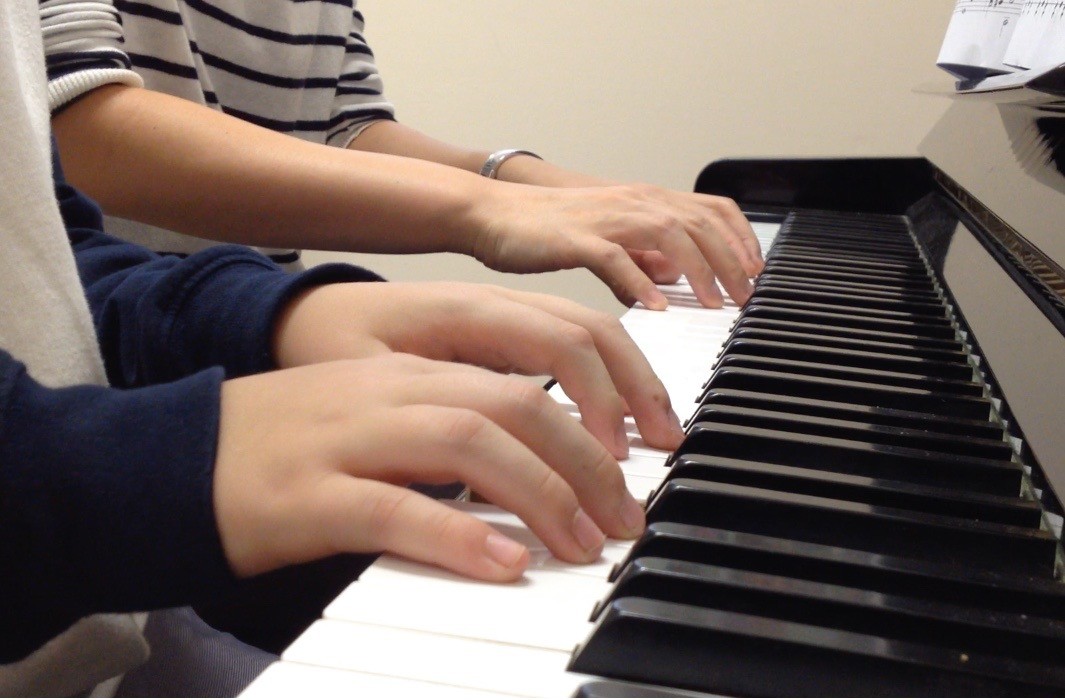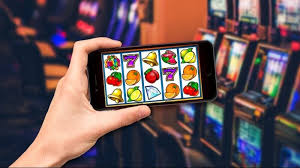Unlocking Musical Potential: A Guide to Keyboard Lessons in Singapore
The keyboard is one of the most versatile instruments in the world of music. From classical symphonies to modern pop, jazz, and even electronic compositions, the keyboard has the power to blend seamlessly across genres. Its wide range of tones and adaptability make it an excellent choice for beginners and experienced musicians alike. In Singapore, where music plays a central role in education and cultural life, many students are turning to the keyboard as their instrument of choice.
Why Choose Keyboard Lessons in Singapore
Self-learning may be tempting with the abundance of online tutorials available, but structured lessons remain the most effective way to master an instrument. Enrolling in Keyboard Lessons Singapore offers learners a chance to build a strong foundation under expert guidance. With proper instruction, students can understand music theory, improve finger coordination, and develop performance confidence. Lessons also ensure that beginners avoid common mistakes that might slow down progress if learning independently.
The Benefits of Learning Keyboard
Taking up the keyboard goes beyond just learning to play songs—it shapes cognitive, emotional, and social skills. Some key benefits include:
- Enhances Memory and Concentration: Reading music, coordinating both hands, and following rhythm strengthen mental focus.
- Encourages Creativity: Students learn to improvise, compose, and experiment with different sounds.
- Boosts Confidence: Performing pieces successfully builds self-assurance.
- Provides Stress Relief: Music offers emotional release and relaxation.
- Improves Versatility: Keyboard skills are easily transferable to other instruments, including piano, organ, and synthesizers.
These benefits make the keyboard a rewarding instrument for learners of all ages.
Different Styles of Keyboard Playing
One of the greatest appeals of the keyboard is its adaptability. Students can choose to focus on different styles depending on their interests:
- Classical – Ideal for building strong technical foundations.
- Pop and Contemporary – Perfect for those who want to play current hits and accompany singers.
- Jazz – Focuses on improvisation, rhythm, and chord progressions.
- Electronic Music – Uses synthesizers and digital effects to create modern soundscapes.
- Gospel and Blues – Emphasizes soulful melodies and emotional playing.
This flexibility allows learners to explore music that resonates with their personal taste.
What to Expect in Keyboard Lessons
A structured program ensures that students progress steadily. Typical lessons cover:
- Hand positioning and posture.
- Reading sheet music and chord charts.
- Understanding scales, keys, and rhythm.
- Learning chords, arpeggios, and progressions.
- Playing melodies and harmonies with both hands.
- Experimenting with different keyboard functions and sounds.
As learners advance, lessons may also include composition, improvisation, and ensemble performance.
Keyboard Learning for Different Age Groups
Keyboard lessons are designed to suit learners of all ages:
- Children – Focused on building rhythm, hand coordination, and a love for music through fun exercises.
- Teenagers – Lessons often incorporate contemporary music and encourage creative exploration.
- Adults – Flexible programs cater to personal goals, from learning favorite songs to exploring advanced techniques.
The adaptability of the keyboard makes it an instrument that can be enjoyed throughout life.
Structured Lessons vs. Self-Teaching
While self-teaching offers flexibility, structured lessons provide advantages that are hard to match:
- Personalized Guidance: Instructors adjust teaching methods to suit individual progress.
- Faster Growth: Regular lessons ensure consistency and steady improvement.
- Comprehensive Knowledge: Lessons include theory, technique, and performance practice.
- Motivation and Accountability: Scheduled lessons encourage discipline and commitment.
For students serious about improving, professional guidance is often the best option.
Practice Tips for Aspiring Keyboardists
Success in learning the keyboard depends not only on lessons but also on consistent practice. Here are some useful tips:
- Practice Daily: Even 15–20 minutes a day can make a difference.
- Use a Metronome: This improves timing and rhythm accuracy.
- Break Down Songs: Learn sections step by step before playing a full piece.
- Focus on Both Hands: Strengthen coordination by practicing each hand separately before combining.
- Record Your Playing: Listening back reveals areas for improvement.
These small habits create a strong foundation and accelerate progress.
The Role of Keyboard in Singapore’s Music Scene
Singapore has a thriving music culture, with keyboards playing a central role in schools, bands, and performance groups. From local concerts and cultural festivals to community events and professional shows, the keyboard is a key instrument in shaping the country’s diverse musical identity. Students who learn the keyboard often find opportunities to perform, collaborate, and share their talent with wider audiences.
Long-Term Benefits of Keyboard Lessons
Keyboard learning provides lasting rewards that extend beyond music:
- Develops discipline and perseverance.
- Opens doors to opportunities in performance, composition, and even teaching.
- Enhances appreciation for various musical styles and cultures.
- Provides a lifelong source of enjoyment and creativity.
- Encourages personal growth and continuous learning.
For many, playing the keyboard becomes a passion that enriches life both personally and socially.
Conclusion
Keyboard lessons in Singapore offer more than just an introduction to an instrument—they provide a pathway to creativity, confidence, and personal development. With structured guidance, consistent practice, and a passion for music, learners can unlock the full potential of this versatile instrument. Whether the goal is to play casually, join a band, or pursue advanced study, the keyboard is a lifelong companion in the journey of music.






